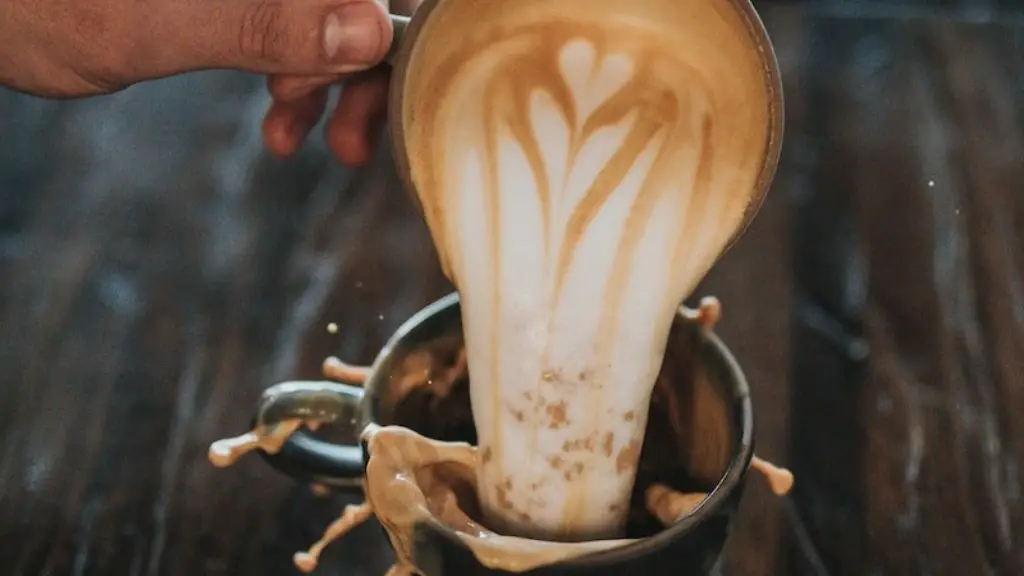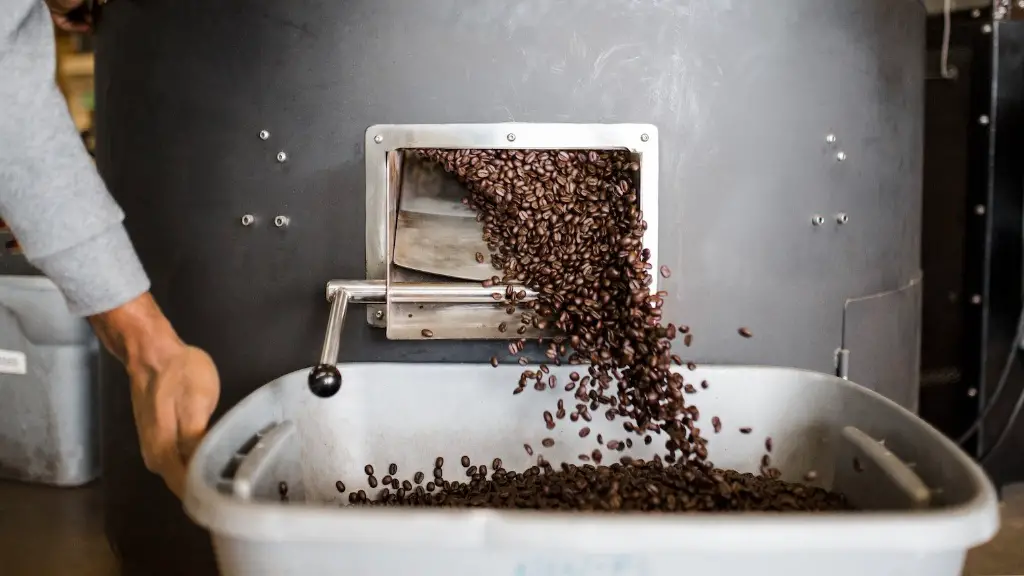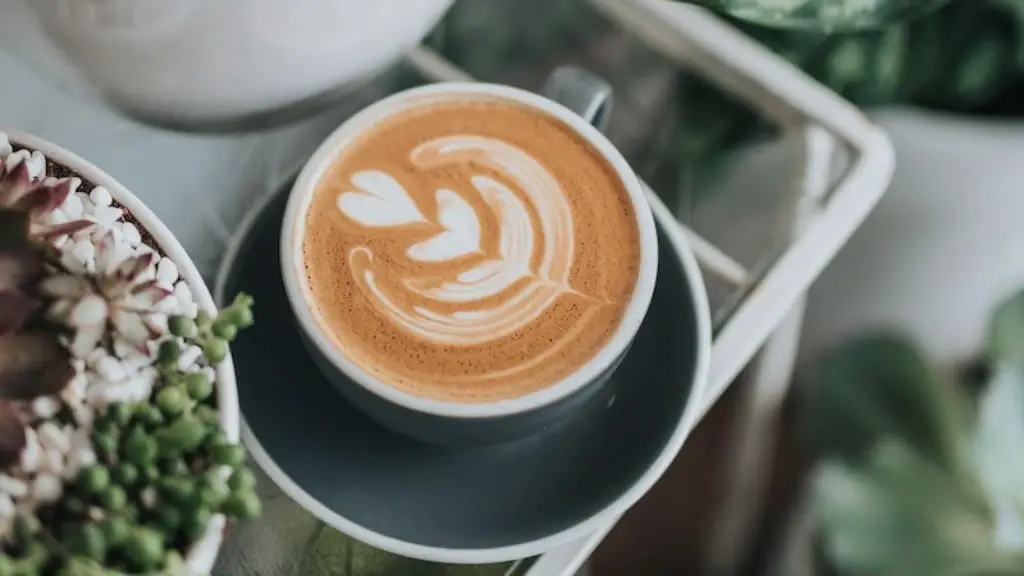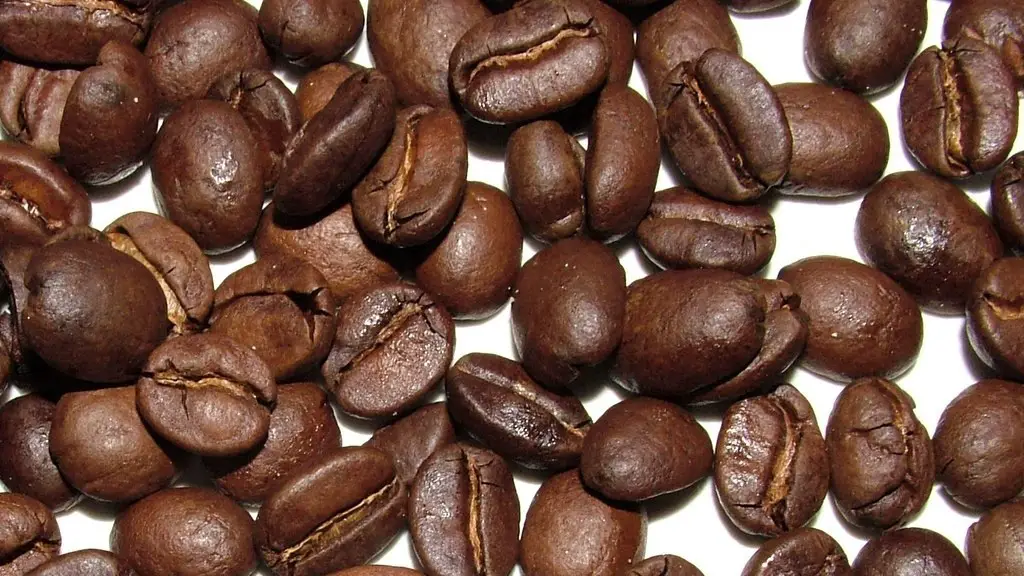Does your morning coffee taste a bit off? Have you been wondering whether you can still drink expired coffee? Maybe you’ve seen ‘Best By’ dates stamped on bags of coffee beans but have no idea what they mean. In this article, we’ll cover the answers to these questions and explore why coffee has a shelf life, the science behind coffee expiration, whether or not it’s safe to drink expired coffee, and other useful tips and info.
Types of Coffee with Different Shelf Lives
The shelf life of coffee depends on several factors, such as the form it takes (beans, ground, instant, etc.), the roast, the grind, the storage container, and how long it’s been sitting on the shelf. Generally speaking, whole coffee beans can last for several months past their expiration date whereas pre-ground coffee will only last for a week or two. Instant coffee has the longest shelf life, lasting for up to two years past its expiration date. But does this mean that you can safely drink expired coffee? The answer is not so clear-cut.
The Science of Coffee Expiration
Coffee contains a number of natural oils, aromatics, and flavors, which evaporate gradually over time. The aromatic compounds in coffee are responsible for its smell and taste, and when these compounds deteriorate, the flavor of the coffee becomes less distinct. As a result, old, expired coffee won’t have the same flavor as freshly roasted coffee beans.
Expired coffee also contains higher levels of acidity and bitterness due to the breakdown of the carbon dioxide molecules, which can make it taste unpleasant. Additionally, coffee is prone to absorbing moisture and other odors, which can result in stale, off-flavors. So while expired coffee is unlikely to make you ill, it may not taste as good as freshly brewed coffee.
Can You Drink Expired Coffee?
The answer to this question depends largely on the freshness of the coffee in question. If your coffee has been stored correctly and is still within its expiration date, then it’s safe to drink. On the other hand, if the packaging has been opened for some time or the coffee has been exposed to moisture, then it should be discarded. Similarly, if the coffee has been left out for an extended period of time, it’s best to err on the side of caution and throw it away.
Ultimately, the safest course of action is to check the ‘Best By’ date on the package and discard any coffee that has been left past this date. If you’re unsure, it’s best to err on the side of caution and discard it.
Storing Coffee
Proper storage is key to preventing your coffee from going bad. Coffee should always be stored in an airtight container in a cool, dry place. This will help to preserve the aroma and flavor of the coffee, keeping it fresher for longer. Additionally, it’s important to monitor the temperature of where you store your coffee, as heat can damage the flavor and aroma. Optimal storage temperature is approximately 62°F (17°C).
When storing coffee, it’s also important to mediate the amount of air and sunlight it’s exposed to. Keeping your beans in an opaque container and in a cool, dark pantry will help to prevent them from going stale too quickly.
Reheating Coffee
Reheating coffee can be a great way to extend its shelf life, as long as it’s done correctly. To reheat your cup of joe, simply pour it into a microwave-safe mug and heat on full power for 30-45 seconds. This will help to restore the original flavor and aroma of the coffee. However, it’s important to note that reheating the same cup of coffee more than twice is not recommended, as the flavor will begin to deteriorate with each reheat, leading to an unpleasant taste.
Brewing Fresh Coffee
The best way to guarantee that your coffee tastes as good as possible is to brew it fresh. There are a variety of brewing methods available, from traditional press pots to modern single-serve machines. Whichever method you choose, it’s important to use fresh, quality coffee beans, as stale beans won’t produce the same flavor. Additionally, it’s important to store your beans correctly to ensure that the flavor is preserved.
Grinding Coffee
Ideally, whole bean coffee should be ground just before brewing in order to get the best flavor. This is because grinding coffee beans releases the natural oils and aromatics, allowing them to come into contact with hot water and produce a flavorful cup of joe. If you don’t have a grinder, you can buy pre-ground coffee, but it’s important to note that pre-ground coffee has a much shorter shelf life than whole bean coffee, so it’s best to use it within a few weeks of purchase.
Summary
When it comes to expired coffee, it’s best to err on the side of caution and avoid drinking it. Coffee has a shelf life and once it passes the expiration date, the flavor and aroma will start to deteriorate. It’s also important to store coffee correctly and monitor the temperature, as heat can damage the flavor. Additionally, it’s best to grind your beans just before brewing, as this will help to preserve the flavor and aroma. Following these steps will help to ensure that your cup of coffee is always as good as possible.



